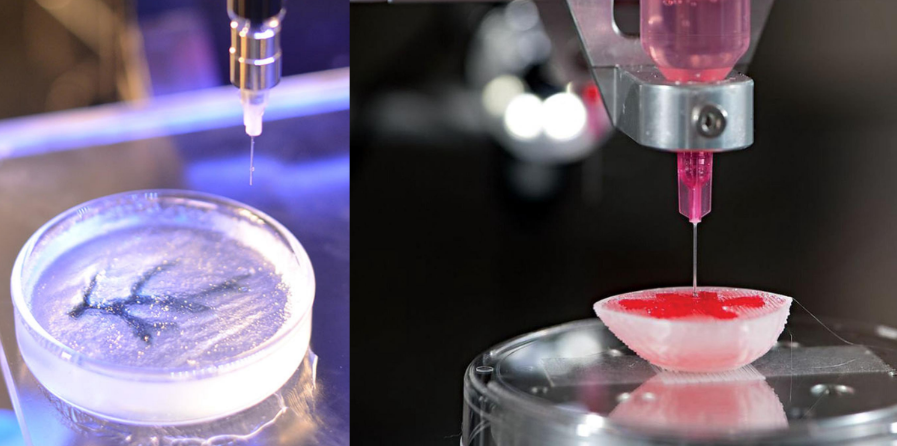Food & Beverages
Here’s Why Stevia is A Perfect Substitute for Regular Sugar
What is Stevia?
As the world is trying to stay healthy and fit in this fast-paced lifestyle, health-conscious people are focused on consuming healthy food and beverages with low calories and sugar. One of the most talked about healthier alternatives refined sugar is stevia.
Stevia is a natural, low-calorie sweetener, derived from the leaves of Stevia rebaudiana, a native plant in South America. It has drastically gained popularity as a sugar substitute in recent years as it offers a sweet taste similar to regular sugar, without any negative effects, and has been widely used for industrial purposes and large-scale food manufacturing.
Stevia is 200 to 300 times sweeter than regular sugar and requires about 20% dilution to provide the same amount of sweetness as other sweeteners. It is calorie-free and does not spike blood sugar levels. Stevia is available in various forms such as powder, liquid, or granulated, making it suitable for several culinary applications such as ice creams, desserts, yogurts, pickled foods, bread, chewing gums, sauces, candy, and seafood.
Stevia offers several advantages compared to regular sugars and artificial sweeteners, making it a popular choice for individuals looking to reduce sugar intake and manage health conditions such as diabetes, weight loss, high blood pressure, pancreatic cancer, and allergies.
Different Forms of Stevia:
Stevia is widely available in various forms that suit different culinary and dietary needs.
Stevia Extract: Powdered stevia is a highly concentrated form of stevia often used as a sugar substitute in baking, cooking, and beverages due to its stability. Stevia powder is a popular choice among consumers as it offers a convenient and versatile way to add sweetness to your favorite dishes.
Stevia Liquid Drops: Liquid stevia extracts are one of the widely used forms of stevia as they offer a convenient way to add sweetness to beverages like tea, coffee, smoothies, and cocktails. Stevia drops typically come in dropper bottles that provide precise control over the amount added.
Stevia Tablets: Stevia tablets are typically compressed forms of stevia extract, typically combined with other ingredients to form a convenient, dissolvable tablet.
Stevia Sweetened Products: As many people prefer natural sweeteners, food and beverage manufacturers are developing products like soft drinks, flavored water, ice creams, candies, and yogurts with stevia instead of traditional sugar.
Stevia-Sweetened Gum and Mints: Stevia-sweetened gum and mints offer a sugar-free alternative to conventional options, offering fresh breath, without worrying about added sugar.
Benefits of Stevia:
Natural Origin: As stevia is derived directly from plant sources, it acts as a natural sweetener compared to artificial sweeteners like sucralose or aspartate. It also undergoes minimal processing, thereby preserving its natural origin and minimizing the use of synthetic chemicals.
Blood Sugar Control: Stevia does not raise blood glucose levels, making it a perfect alternative for individuals with diabetes or for those trying to manage their blood sugar levels. Unlike sugar which usually spikes blood sugar levels, making it a safer option.
Low-Calorie Sweetener: Stevia is a zero-calorie sweetener that allows individuals to enjoy sweetened food and beverages without extra calories to their diet.
Dental Health: As stevia doesn’t contribute to tooth decay, it can be a valuable ally in maintaining good dental health as compared to regular sugar.
Versatility: Stevia can be used in various forms, including liquid extracts, powdered extracts, and granulated forms, making it suitable for a wide range of culinary applications, from beverages to baked goods.
Potential Concerns of Stevia:
Stevia is considered to be safe majority of people; however, some people may experience gastrointestinal symptoms, dizziness, muscle pain, numbness, low blood pressure, or even allergic reactions. Stevia is often mixed with erythritol which can lead to high risks of heart attacks and stroke.
Global Stevia Market:
The global stevia market is expected to register a rapid revenue CAGR of 4.5% during the forecast period. This growth can be significantly driven by factors such as rising prevalence of diabetes and obesity, growing health awareness among consumers, and growing demand for natural, clean-label products.
Stevia is not only used as a tabletop sweetener but also finds a wide range of applications in dairy, bakery, confectionery, and beverages. Moreover, regulatory approvals and acceptance of stevia as a food alternative across various countries have played a key role in driving market growth.
However, factors such as the high-cost of stevia as compared to traditional sweeteners, bitter aftertaste, and limited supply chain due to extraction challenges are expected to hamper overall market growth to a certain extent during the forecast period.
Follow us on LinkedIn - https://www.linkedin.com/company/xcellent-insights




